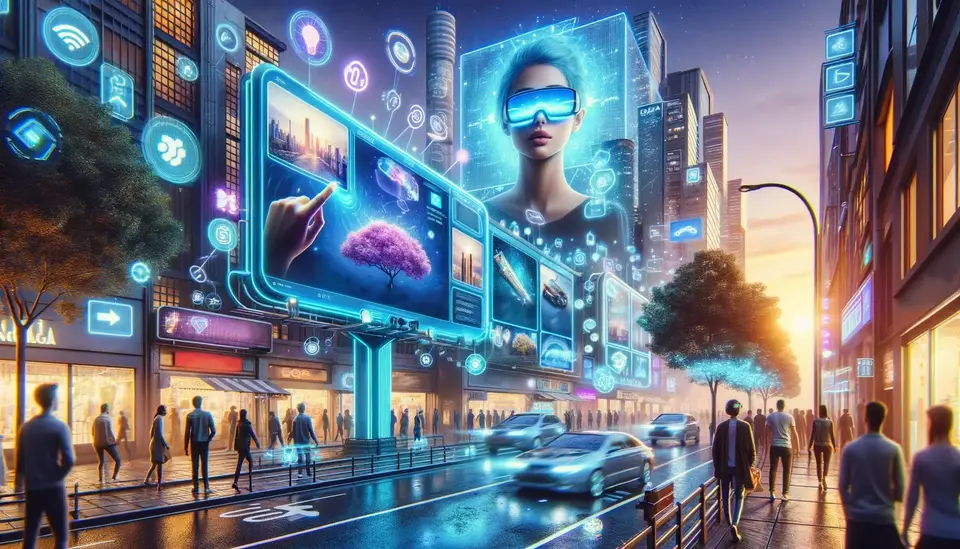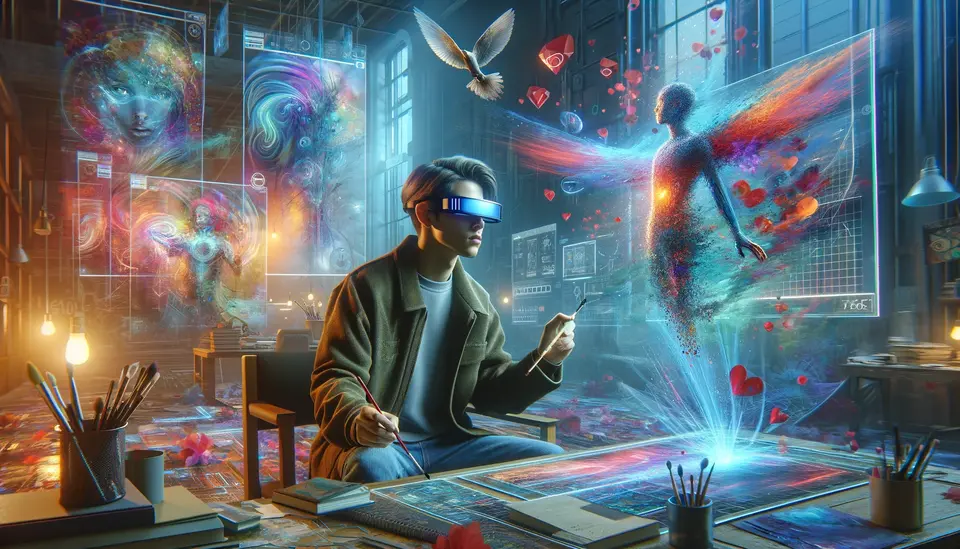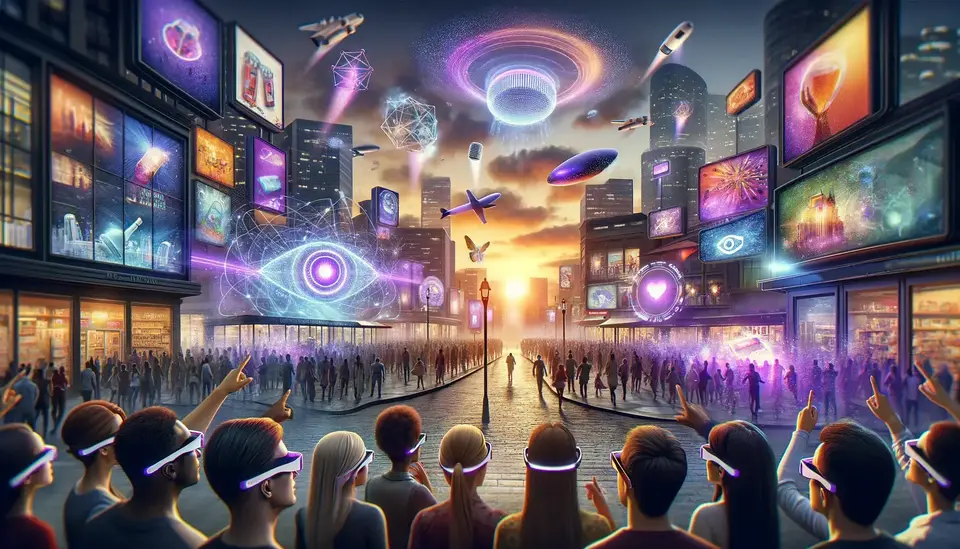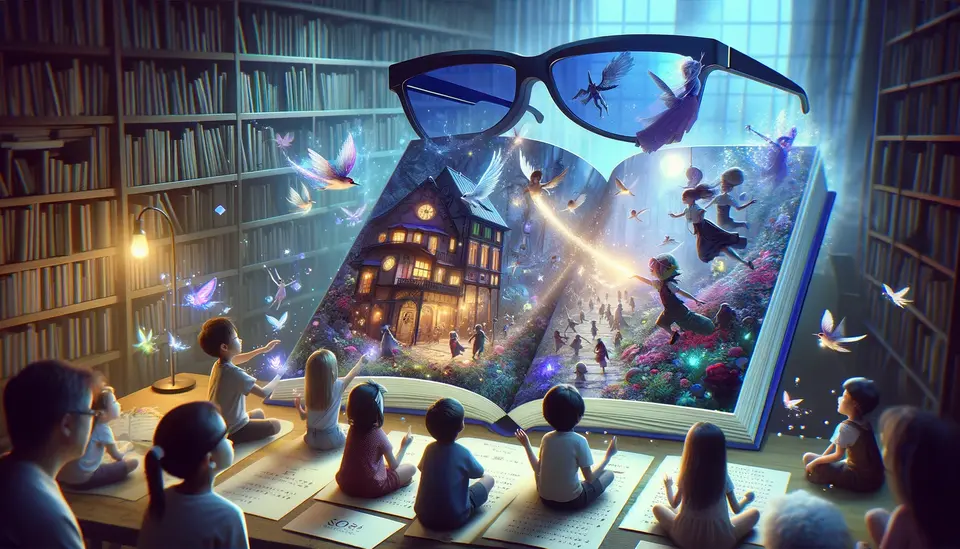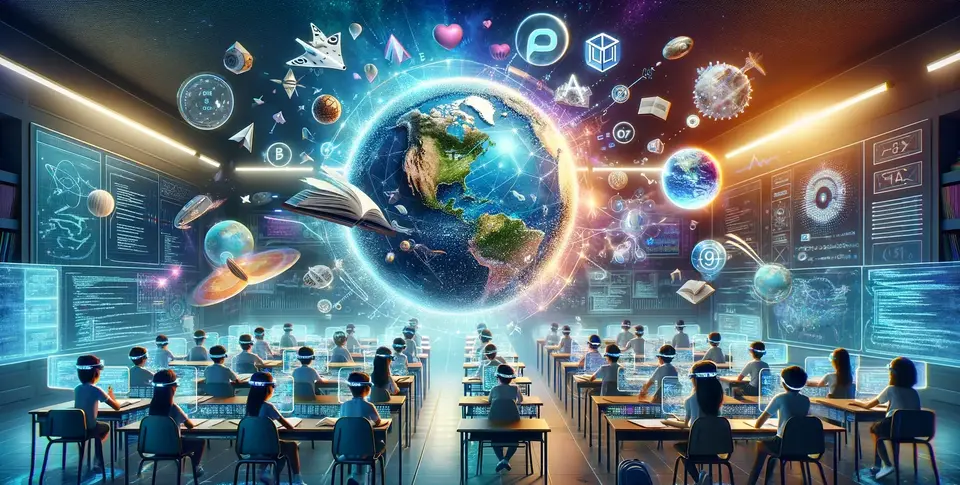The Potential Impacts of Augmented Reality (AR) on Social Norms and Culture
Posted on March 19, 2023 3 minutes 499 words
Table of contents
As Augmented Reality (AR) continues to weave its way into our daily lives, it is essential to consider the implications it may have on social norms and culture. From gaming and education to shopping and navigation, AR applications are revolutionizing the way we perceive and interact with the world. In this blog post, we will explore both the positive and negative impacts of AR on our society, touching on various aspects, including communication, privacy, accessibility, and art.
Redefining Interactions and Relationships
AR has the potential to transform how we connect with others. By enhancing communication with 3D models, visual aids, and immersive experiences, AR can create a more engaging and dynamic exchange of ideas. However, this increased reliance on AR tools may also lead to superficial connections, where people focus more on the technology than the person behind it. As we embrace AR’s potential, we must be mindful of balancing human connection with technological advancements.

Impact on Privacy and Surveillance
While AR can bring about many benefits, it also raises significant concerns about privacy. The technology’s ability to collect and monitor data on an unprecedented level presents ethical dilemmas around surveillance and personal boundaries. To address these concerns, we need to establish regulations that protect individual privacy without stifling innovation.
AR and Accessibility
One of the most promising aspects of AR is its potential to improve accessibility for people with disabilities. By providing additional information and support, AR can help level the playing field in various settings. Furthermore, AR can bridge the gap between different cultures and languages, fostering inclusivity and diversity. However, we must also consider the risk of a digital divide, as not everyone will have equal access to AR technology.
The Influence on Art and Entertainment
AR has the power to transform artistic and entertainment experiences by introducing new forms of storytelling, interactive art, and immersive performances. This shift in creative expression has the potential to enrich our cultural landscape. Nevertheless, we must also consider the implications for traditional art forms and the potential loss of cultural heritage as we move towards an increasingly digital world.
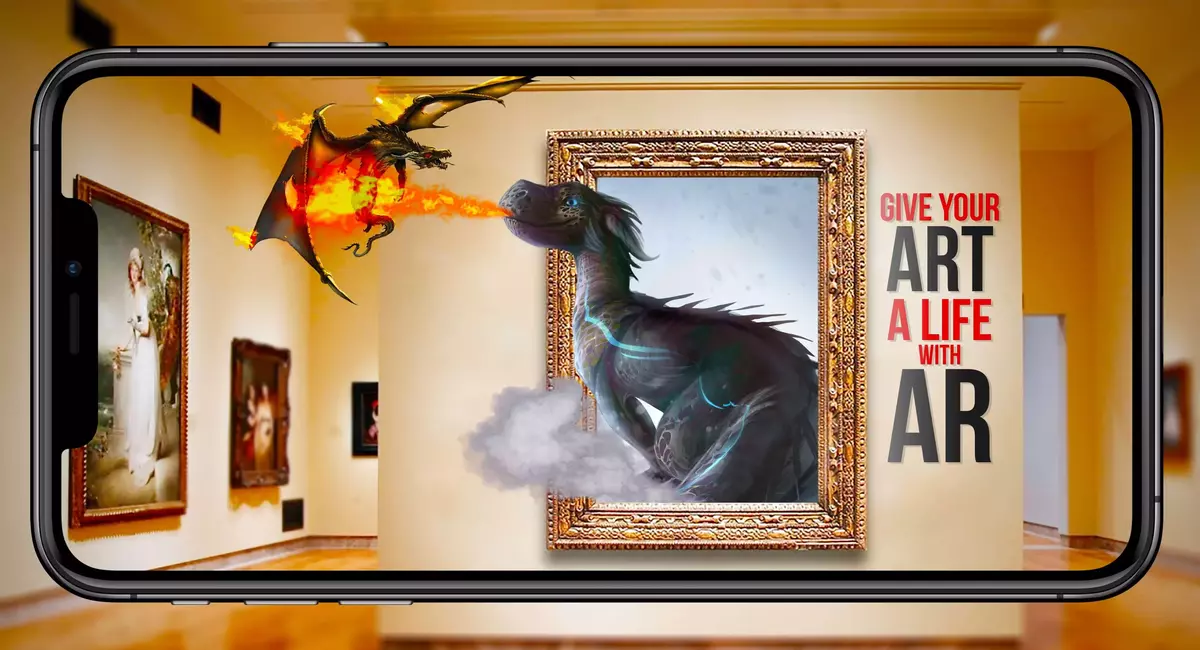
Altering the Perception of Reality
The psychological effects of prolonged exposure to AR are still not fully understood. However, the blurring of lines between the real and virtual worlds may have profound consequences on individual identity and our connection to the physical world. As we immerse ourselves in augmented experiences, we must be cautious about maintaining a healthy balance between the digital and physical realms.
Conclusion
In conclusion, the impacts of AR on social norms and culture present a double-edged sword. While AR offers significant benefits, such as improved communication, accessibility, and creative expression, it also poses challenges related to privacy, the digital divide, and our perception of reality. As a society, we must engage in ongoing conversations about the responsible development and implementation of AR technology, ensuring that we harness its potential while mitigating its risks.



